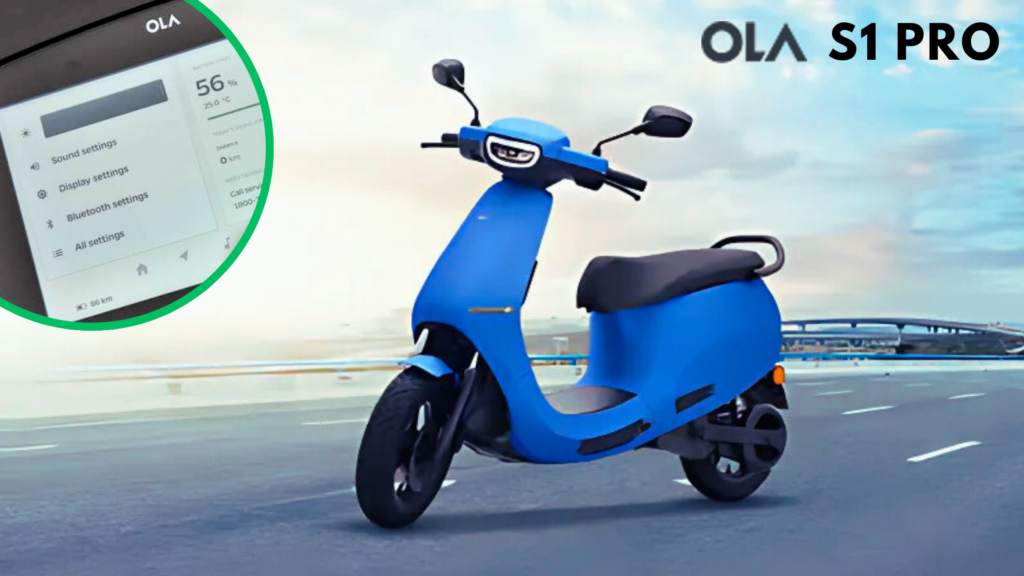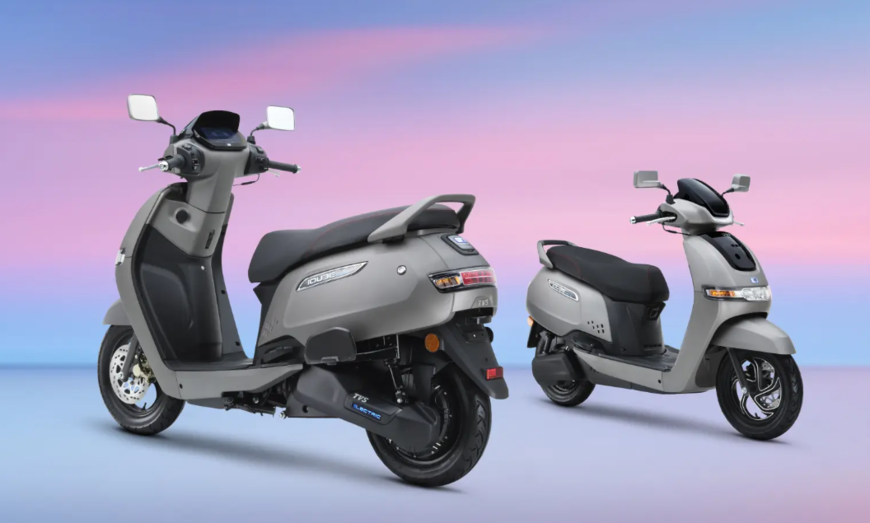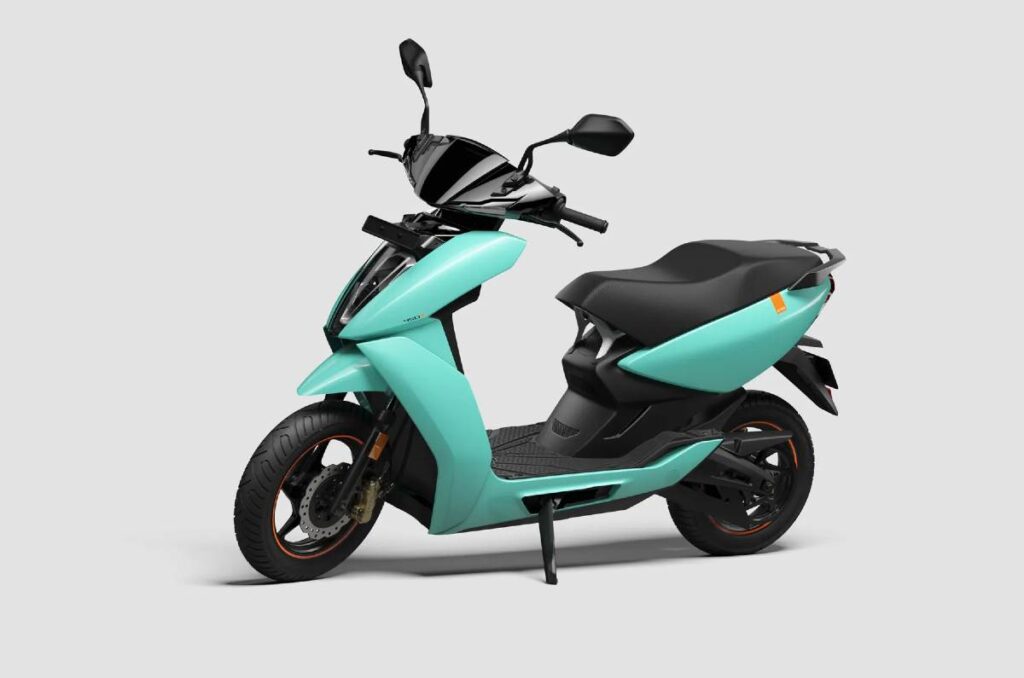The electric vehicle (EV) market in India is rapidly evolving, with numerous innovations and models emerging to cater to the growing demand for eco-friendly transportation. For riders looking for electric bikes under ₹2 lakh in 2025, there are several exciting options that combine performance, range, and affordability. This blog will explore the best electric bikes available, along with the trends and innovations shaping the industry.
Top Electric Bikes Under ₹2 Lakh
Here are some of the best electric bikes you can consider in 2025:
| Model | Ex-showroom Price | Range (km/charge) | Top Speed (km/h) | Charging Time |
| Ola S1 Pro | ₹1.41 lakh | 195 | 115 | 6.5 hours |
| TVS iQube | ₹1.23 – 1.55 lakh | 100 | 78 | 5 hours |
| Ather 450X | ₹1.43 – 1.57 lakh | 146 | 80 | 5 hours |
| Bajaj Chetak | ₹1.39 – 1.51 lakh | 90 | 70 | 5 hours |
| Revolt RV400 | ₹1.24 – 1.50 lakh | 150 | 85 | 4.5 hours |
1. Ola S1 Pro

The Ola S1 Pro stands out with its impressive range of 195 km on a single charge and a top speed of 115 km/h. It features a sleek design and advanced technology, including a touchscreen interface and multiple ride modes, making it a favorite among urban commuters.
2. TVS iQube

With a price range of ₹1.23 – 1.55 lakh, the TVS iQube offers a reliable urban commuting solution with a range of 100 km and a top speed of 78 km/h. Its smart connectivity features and comfortable riding experience make it an excellent choice for daily use.
3. Ather 450X

The Ather 450X is known for its performance, offering a range of 146 km and a top speed of 80 km/h. Priced between ₹1.43 – 1.57 lakh, it comes with features like fast charging capabilities and an intuitive dashboard that enhances the riding experience.
4. Bajaj Chetak

The Bajaj Chetak combines classic styling with modern technology, priced at ₹1.39 – 1.51 lakh. It provides a range of 90 km, making it suitable for short commutes while maintaining a nostalgic appeal.
5. Revolt RV400

The Revolt RV400 is an innovative electric bike priced between ₹1.24 – 1.50 lakh, offering a range of 150 km and customizable sound options for an engaging ride experience.
Trends in Electric Bikes
- Increased Range and Performance
One of the most significant trends in the electric bike market is the continuous improvement in battery technology, leading to increased range and performance. Manufacturers are investing in research to enhance battery efficiency, allowing riders to travel longer distances without frequent recharges.
- Smart Connectivity Features
Modern electric bikes come equipped with smart connectivity features such as GPS navigation, mobile app integration, and real-time diagnostics. These features not only enhance convenience but also provide riders with valuable insights into their bike’s performance.
- Sustainability Focus
As environmental awareness grows, manufacturers are focusing on sustainable practices in production and materials used in electric bikes. This includes using recyclable materials and ensuring that production processes are eco-friendly.
- Government Incentives
The Indian government continues to promote electric mobility through various incentives, subsidies, and policies aimed at increasing EV adoption. These initiatives make electric bikes more affordable for consumers, encouraging more people to switch from traditional fuel-powered vehicles.
Innovations in Electric Vehicles
- Battery Swapping Technology
Battery swapping technology is gaining traction as it addresses the issue of long charging times associated with electric vehicles. Companies are exploring networks where riders can quickly swap depleted batteries for fully charged ones, significantly reducing downtime.
- Advanced Regenerative Braking Systems
Innovative regenerative braking systems are being developed to enhance energy efficiency in electric bikes. These systems capture energy typically lost during braking and redirect it back to recharge the battery, extending the overall range.
- AI-Driven Features
Artificial intelligence is being integrated into electric bikes to provide personalized riding experiences based on user behavior and preferences. This includes adaptive learning systems that optimize performance based on riding habits.
Conclusion
The landscape of electric bikes under ₹2 lakh in India is becoming increasingly vibrant as manufacturers introduce innovative models that cater to diverse rider needs while emphasizing sustainability and advanced technology. With options like the Ola S1 Pro, TVS iQube, Ather 450X, Bajaj Chetak, and Revolt RV400 leading the charge, riders have access to high-performance vehicles that are not only cost-effective but also environmentally friendly.
As we move further into 2025, expect even more advancements in battery technology, smart features, and government support that will continue to shape the future of electric mobility in India. Whether you’re an urban commuter or an adventure seeker, there’s an electric bike ready to meet your needs while contributing to a greener planet.


